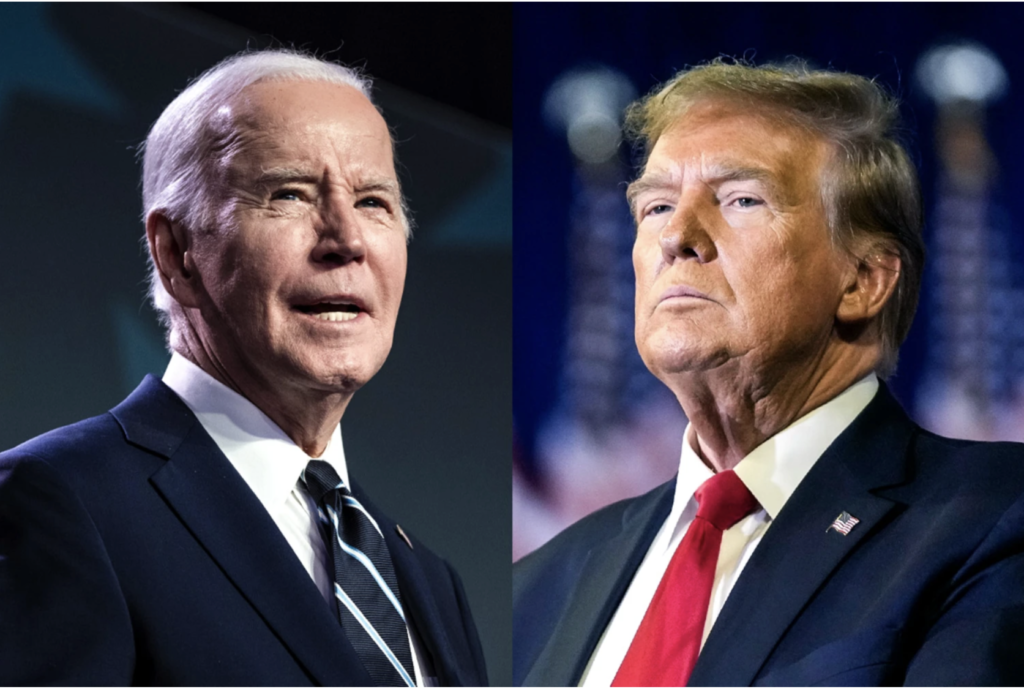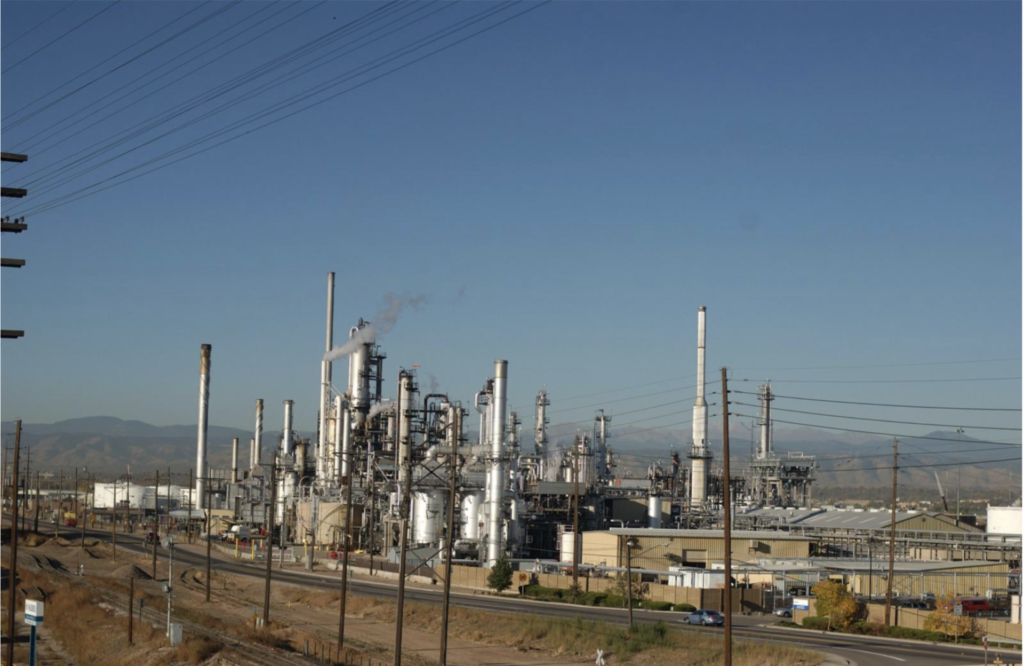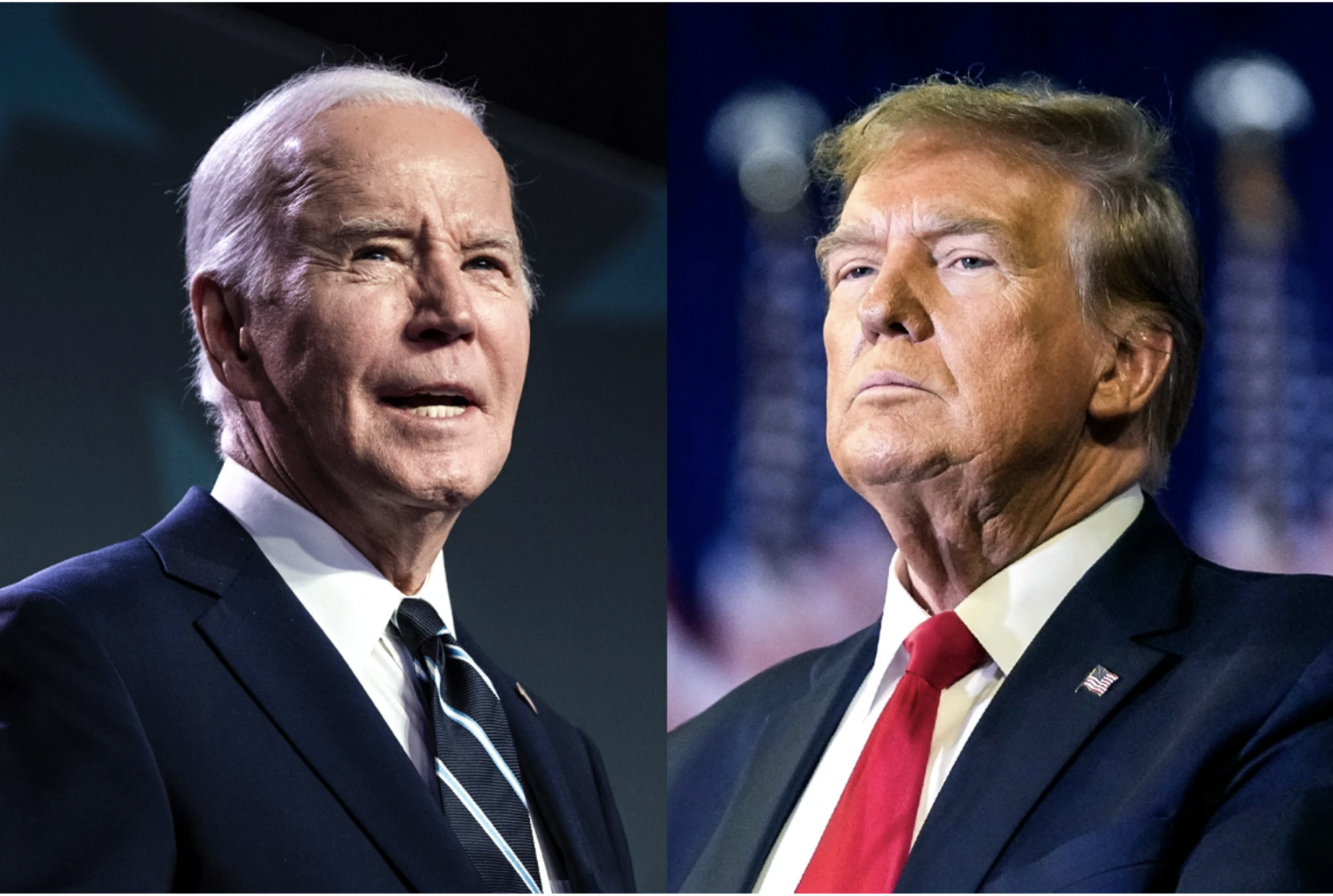
Biden Wins Over Trump in Colorado Primaries
Last night, Colorado held its Presidential Primaries for the 2024 election. Over 1.3 million Democrat and Republican Voters showed out to cast their choice for who would advance to November’s general election. President Joe Biden handedly won the Democratic Primary with 83% of the, while in second place came the ‘uncommitted delegate’ vote, a vote that has gained some popularity among progressive Democrats as a protest vote, making notable dents in states such as Michigan and Minnesota.
Biden gained 69 delegates from his victory in Colorado, edging him ever so closer towards the 1,968 mark required for the nomination. On the Republican front, Former President Donald Trump pulled out a victory with 66% percent of the vote, beating out former UN Ambassador Nikki Haley, who won 33.5% of the vote. The victory in Colorado handed Trump 22 delegates, and acted as a notch in what was an incredibly dominant Super Tuesday for the now presumptive Republican nominee, who saw victories in all but one state. Nikki Haley dropped out Wednesday morning, ceding the nomination to Trump.

Colorado Fed Struggles to Find Money for Public School Program
Following 2 years of relative success with Proposition FF, a Colorado law that implemented free lunches for school children across the state, the Colorado government is now struggling to continue to fund the program. In addition to a funding delay affecting the free meals program, it also threatens to delay programs looking to increase wages for public school cafeteria workers as well as potentially delaying a program that would source food for lunches from local producers in an attempt to cultivate their businesses as well.
The delay leaves the state government with an estimated 24 million dollar hole to plug for this year’s program, and an estimated 27 million for 2025.

Nonprofits fight back against Colorado Springs’ Non-Sanctuary Designation
In spite of a resolution passed near the start of 2024 claiming itself as a non sanctuary city, nonprofits in Colorado Springs are still working to assist new immigrants arriving in Colorado. The resolution, which was one of many passed by Colorado cities including Aurora. Since then, nonprofits such as the Colorado Immigrants Rights Coalition, as well as the Accompaniment and Sanctuary Coalition of Colorado Springs have continued to make efforts to provide assistance to immigrants in both the Springs and Denver.
These efforts have included providing resources such as meals and clothing to incoming immigrants in the city, as well as some providing temporary housing and transportation as well.

Green-mapping for Colorado
Last week, Colorado Governor Jared Polis introduced a new plan to guide Colorado to massive reductions in greenhouse-gas emissions within the next two decades. Polis claimed the plan, named the Colorado Greenhouse Gas Pollution Reduction Roadmap 2.0, was nation-leading in its ambition to eliminate pollution and its progressiveness in identifying new cost-effective strategies for reducing emissions.
The plan offers 49 new recommendations to follow, including streamlining decision making for placing electric vehicle charging stations, plugging unused oil wells, expanding public transit routes, and pursuing federal funding for renewable energy technology in agriculture and other industries.
The plan comes in response to a 2019 climate action plan from the General Assembly that set greenhouse-gas reduction targets, directing state leaders to reduce carbon emissions by 26% by 2025, by 50% by 2030 and by 90% by 2050, with Colorado currently meeting 80% of the 2030 goal. Despite this progress, Colorado’s Front Range region has been listed by the Environmental Protection Agency as being severely behind on National Ambient Air Quality Standards.
The designation would require consumers to pay higher gas prices, starting this summer, and more companies will be required to apply for federal air pollution permits, which are widely considered to be time consuming and expensive. Meeting greenhouse-gas reduction goals would help Colorado get back into compliance with federal standards.
Briefs Written by John Meylor

